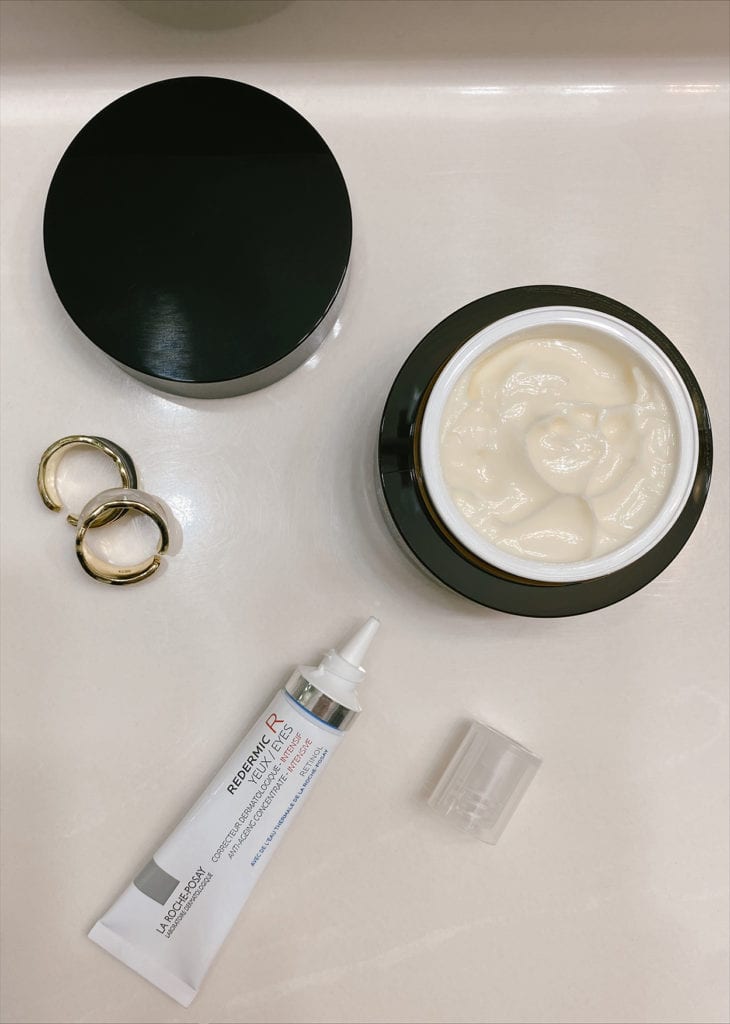
The Retinoid vs Retinol questions in this post were answered by a dermatologist.
Retinols and retinoids are the most talked about topics these days. But what’s the difference? How do we use them in a way that will give us the most benefits? What over-the-counter retinol products are worth purchasing?
I’m not an expert, and that’s why I decided that to give you the best information, I need a specialist that can answer all of these questions and more. That’s why I’m honored to have Dr. Sara Perkins on Tea Cups & Tulips today. She is an MD and an Assistant Professor of Dermatology at Yale.
Sara was kind enough to break my questions down in a way that makes everything a lot easier to understand.

Okay, something I’ve always wondered and I know I’m not the only one. How is the prescribed retinoid different than the retinol sold over-the-counter by my favorite brands? And which is more effective?
While there are differences, both retinols and retinoids are derivatives of vitamin A that, ultimately, can have similar benefits for the skin. They differ in their molecular structure and in how many steps are required to convert them into their active ingredient. For this reason, retinols typically work more gradually and require longer use prior to achieving results. They’re also more likely to be combined with other ingredients that may make them easier for the skin to tolerate, but may subsequently result in a very low concentration of the active ingredient.
What is the appropriate age to start using retinol face cream?
This depends on the indication for use. Retinoids are excellent topical treatments for acne so many young teens are using these. Retinol and retinoids for anti-aging purposes should be started in the mid-20s to early 30s.
Are retinol alternatives like bakuchiol just as effective as retinol?
Bakuchiol is plant-derived molecule traditionally used in Ayurvedic and Chinese medicine. It’s reported benefits for the skin are similar to those of retinol and one recent study has shown comparable results with significantly less irritation. However, compared to the decades of research on retinol and retinoids, the data for bakuchiol is lacking. Further, no studies have compared bakuchiol to topical retinoids, which are significantly more potent, as discussed above. Finally, as a word of caution, there are reports of patients developing allergic reactions to bakuchiol-containing products, so use of a test area should be considered prior to applying to the entire face.
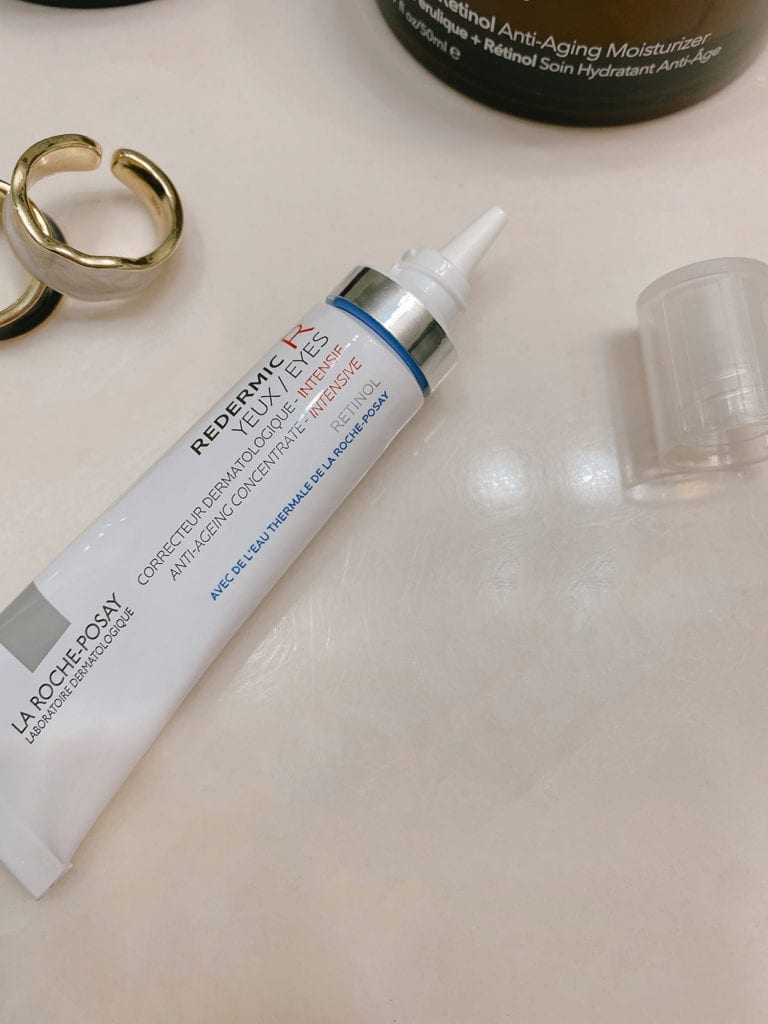
Where should I apply retinol? Can I use it around the eyes?
Retinol is most commonly used on the face and neck though really could be applied to nearly any area of skin. It is safe for use around the eyes (but avoid the lash line) though caution is required to mitigate resulting irritation. This generally includes applying only a tiny amount and beginning with use only twice weekly and gradually increasing from there.
How should I layer retinol and retinoid with other products? Do I use it before or after my serum?
Retinols and retinoids should be applied at night and you should use caution when combining with some other active ingredients (see below). My suggestion is to use a gentle cleanser to wash the face then apply retinol or retinoid followed by a moisturizer.
What are some of the benefits of using retinol, and how could it improve my skin?
Retinol and retinoids have myriad benefits for the skin. They increase cell turnover and improve skin texture. They affect gene expression to induce the production of collagen and elastin, leading to improvement in fine lines and wrinkles. They also have exfoliant and anti-acne properties and can decrease the size of pores.
Are there any adverse side effects that I should know before I start using retinol?
Because they result in increased cell turnover, many people experience irritation, redness, dryness or skin peeling when beginning to use retinol or retinoids. These side effects are generally temporary and can be overcome by limiting the amount and frequency of use, with gradual increase over time. Following retinol application with a gentle hydrating moisturizer is also helpful. Finally, oral retinoids and some topical retinoids (tazarotene) are known teratogens. Retinol and retinoids should be avoided entirely during pregnancy and caution is advised during breastfeeding.
How much retinol/retinoid do I need?
A very small amount! I generally recommend the size of a green pea for the entire face. A little bit goes a long way and applying too much will lead to irritation.
What are some ingredients I should avoid when I’m using retinol?
Benzoyl peroxide and alpha-hydroxy acids shouldn’t be used at the same time as retinol/retinoids. Combining vitamin C and retinols/retinoids can lead to increased irritation. Retinol/retinoids are inactivated by light and should be applied at night. Other active ingredients (AHA, BHA, vitamin C, BP, etc) can be applied in the morning. Waxing and laser treatments can result in significant irritation if combined with retinol/retinoids and most recommend holding retinol/retinoids for a few days to 1 week prior to these procedures.
What is the best retinol product in your opinion?
OTC retinols:
Olay Regenerist Retinol24 Max Night Serum
Neutrogena Rapid Wrinkle Repair Retinol Serum
ROC Retinol Correxion Deep Wrinkle Filler
La Roche Posay Retinol B3 Pure Retinol Serum
Cerave Skin Renewing Retinol Serum
The Ordinary Retinol 0.5% in Squalane
Alastin Skincare Renewal Retinol
SkinMedica Age Defense Retinol Complex (3 strengths)
OTC retinoid:
Rx retinoids:
Tretinoin
Thank you, Dr. Perkins!
Is there anything else you’d like to know about retinoid vs retinol? Let me know in a comment below!
Disclosure: If you buy something through my links, I may earn an affiliate commission at no cost to you. I only feature things I truly love here. Thanks for your support.


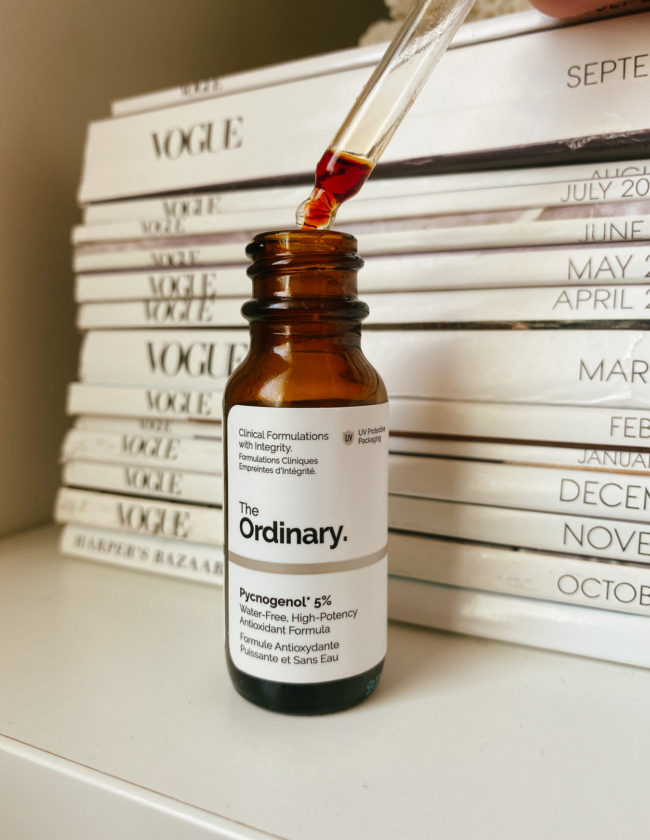
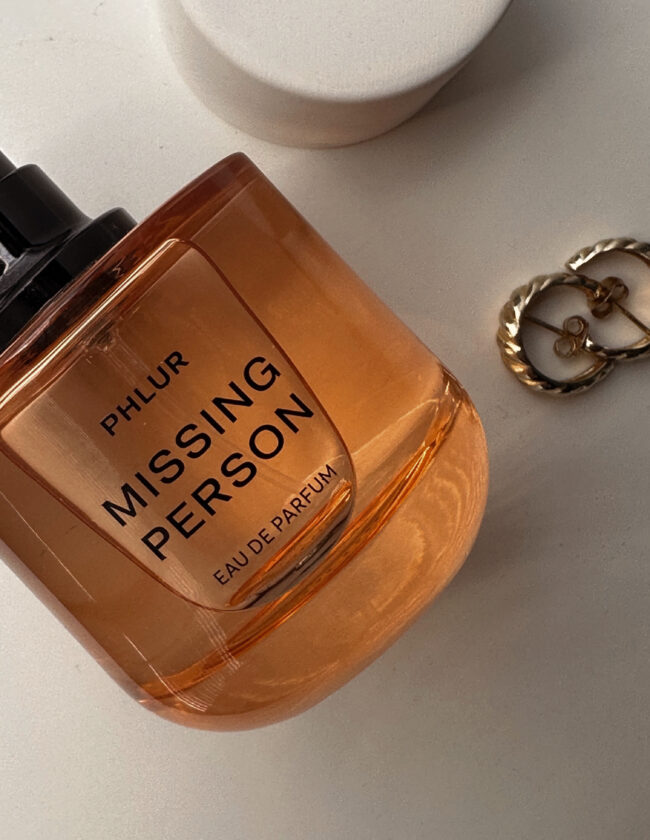
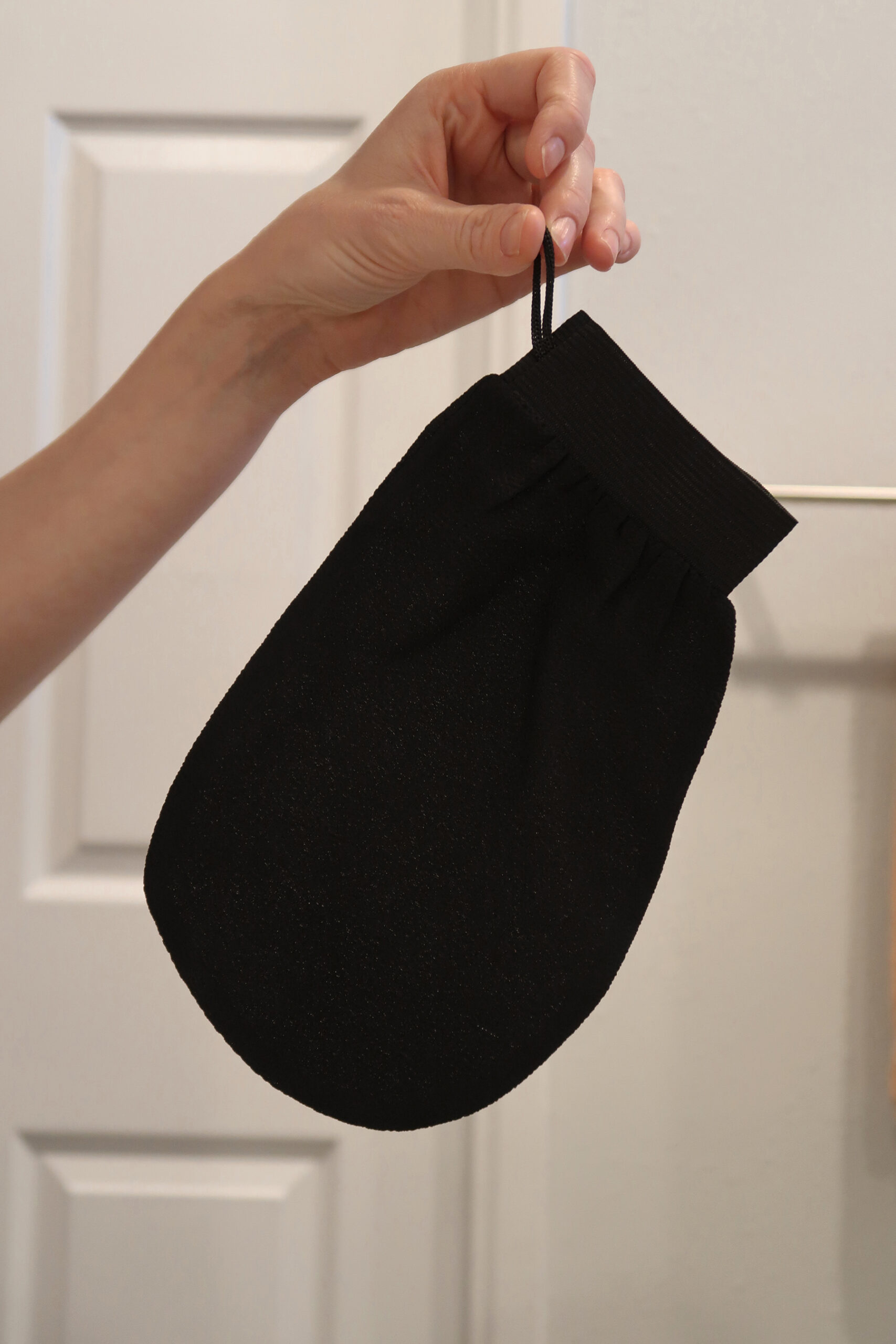
Been always so confused about Retinol and Retinoid. This is greattt! Thanks for the info!!
I felt the same way, and I’m happy to hear this was helpful for others as well!